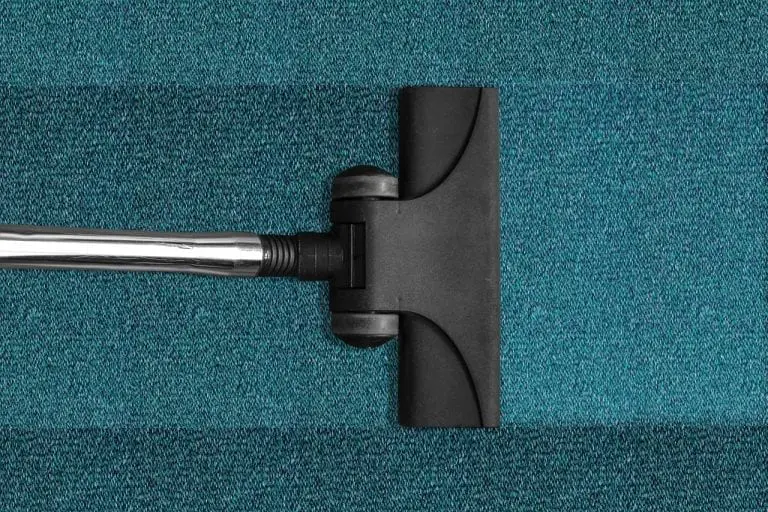Keep Your Grocery Spending Under Control

Your biggest monthly expense, in terms of dollars spent, is likely groceries. Unlike some of your other bills–such as your mortgage and car payment–you have some control over how much you spend at the grocery store. So here are some ideas to keep your grocery spending under control.
How to make a grocery budget
Beginning with tracking your grocery expenditures for a few weeks, develop a budget that allows you to comfortably afford groceries without exceeding them. Continuing to make small cuts to your monthly budget will help you achieve the desired savings goal. These tips will guide you through doing so without feeling deprived or restricted.

A price book is a valuable resource for keeping track of your expenses.
Deals abound in the marketplace, but do you know if what’s being offered is actually a good value for your money?
Keeping a price book or text document of your regular purchases can help you save money. Not only is this useful for determining if advertised deals are actually good deals, but it will also be helpful when browsing through weekly grocery flyers. For example, you might decide that a loss leader deal is worth driving to the store even before checking out the prices.
Have some ideas for inexpensive but tasty dishes to cook tonight.
While adjusting one’s diet to become more frugal can be difficult, it is not necessary to make drastic changes. Instead of thinking about what you cannot have, think about a few affordable dishes your family enjoys. These could include rice and beans or soup or chili. Often meatless dishes will be the best option when trying to save money, as well as eating moderate portions on days when meat is used sparingly.
By enjoying frugal meals just a few days during the month, you’ll save money on groceries. This can be accomplished by using up any and all leftovers from previous meals.

To save space, don’t include unnecessary details.
Before going to the grocery store, make a list of what you need and stick to it. This will help save money by avoiding unnecessary purchases. It’s also helpful to keep in mind that all those little extras add up quickly.
Implementing these tips can result in significant savings each week. How you spend your extra money is up to you. You could save up for a fun summer vacation, pay off your credit cards, or begin building an emergency fund.









